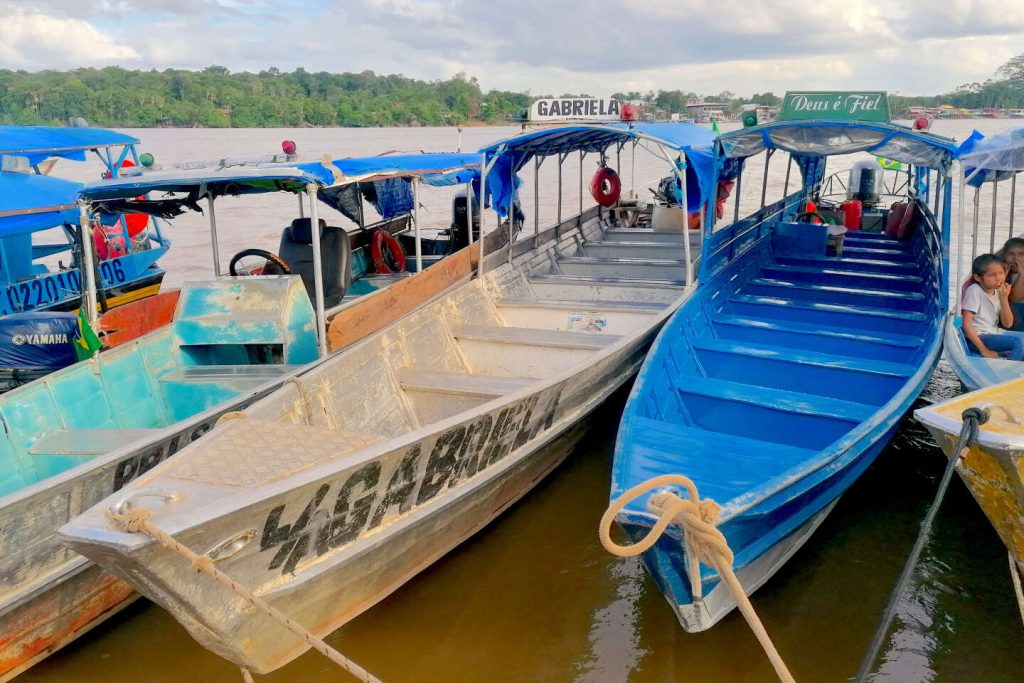During the 2022 presidential campaign in Guyana, Emmanuel Macron promised to continue the development of the West and the interior of the region, including the construction of the “river road” connecting Apatou to Maripasoula, a 180-kilometer route through the Amazon rainforest along the Maroni River, which forms the border with Suriname. Two years after Macron’s promise, the 25,000 residents of Grand-Santi, Papaichton, and Maripasoula are still waiting for news about the project. Lacking road access to the coast, where most of the population and services are concentrated, the interior population depends on boats and airplanes for transportation.
On October 1, 2023, due to the bankruptcy of Air Guyane, the regular air service subsidized by the Guyana Territorial Collectivity (CTG) and the State was interrupted for two months until a new company took over in December. During this period, the CTG chartered a plane with limited access conditions to ensure continuity of service. At the same time, boat transportation was restricted due to low water levels in the river caused by the particularly dry season this year. Tragically, on December 23, four children died in a boat accident, highlighting the dangers of navigating the river when water levels are low.
Philippe Dekon, an entrepreneur in Maripasoula and president of the Apachi collective, formed in 2022 by residents of the interior, describes the difficulties they faced during the two-month transportation crisis as being “taken hostage.” The collective, which advocates for the comprehensive road development of Guyana, has gained over 400 supporters and has been actively engaging with elected officials and civil society members to push for action. As a response to their efforts, an agreement was signed on October 28, 2023, committing to work together towards the infrastructure development. A dedicated commission was set up by the CTG to continue the work.
Sophie Charles, mayor of Saint-Laurent-du-Maroni and president of the West Guyanese Community of Communes (CCOG), which includes municipalities along the Maroni River, emphasizes the importance of the “river road” for the region’s development. She recounts the risks faced by garbage collection teams using boats on the river, highlighting the life-threatening situations that can arise especially during low water levels. Charles urges for urgent action to address the region’s infrastructure needs to ensure the safety and well-being of the population.
The ongoing efforts of the Apachi collective, supported by local officials and civil society, are crucial in advocating for the construction of the “river road” and addressing the transportation challenges faced by the interior population of Guyana. The tragic incidents, such as the boat accident that claimed the lives of four children, serve as a stark reminder of the urgent need for improved infrastructure and connectivity in the region. The commitment from elected officials and society to work together towards the development of Guyana’s road network is a significant step forward in ensuring the safety and well-being of all residents. The completion of the “river road” project would not only enhance transportation access but also contribute to the overall socio-economic development of the region.


